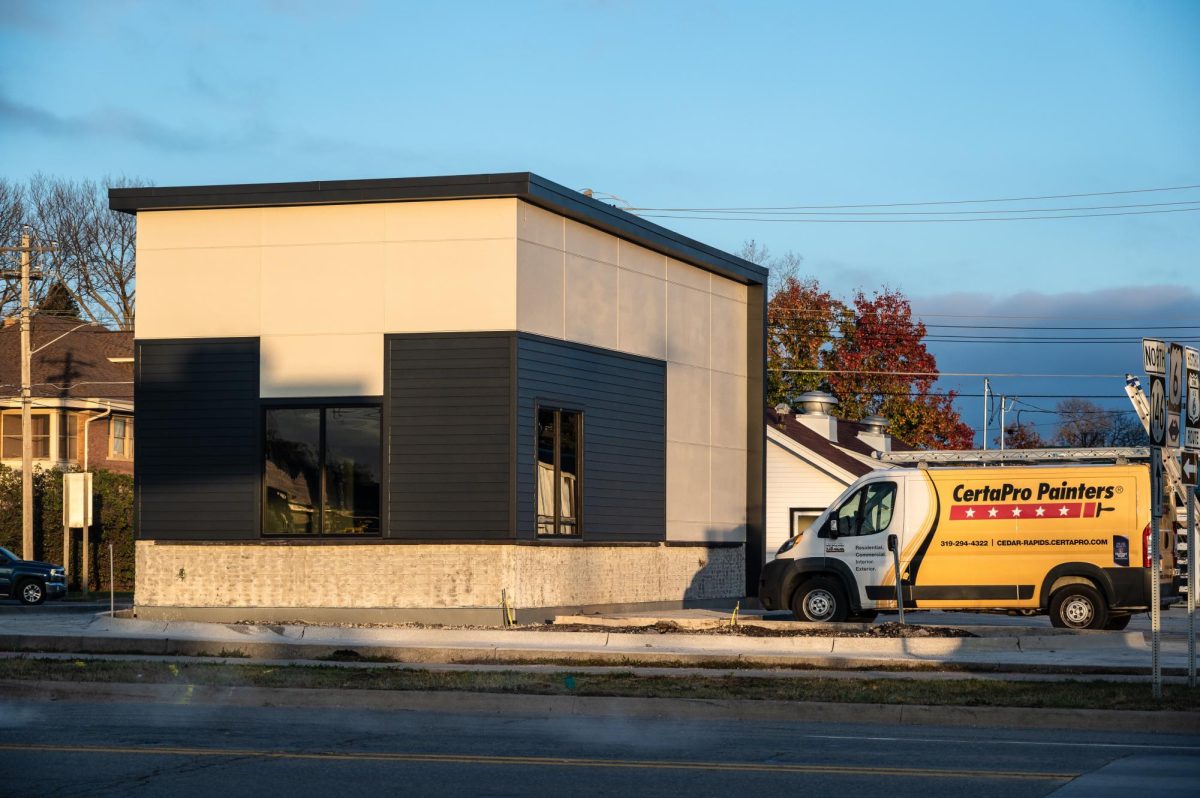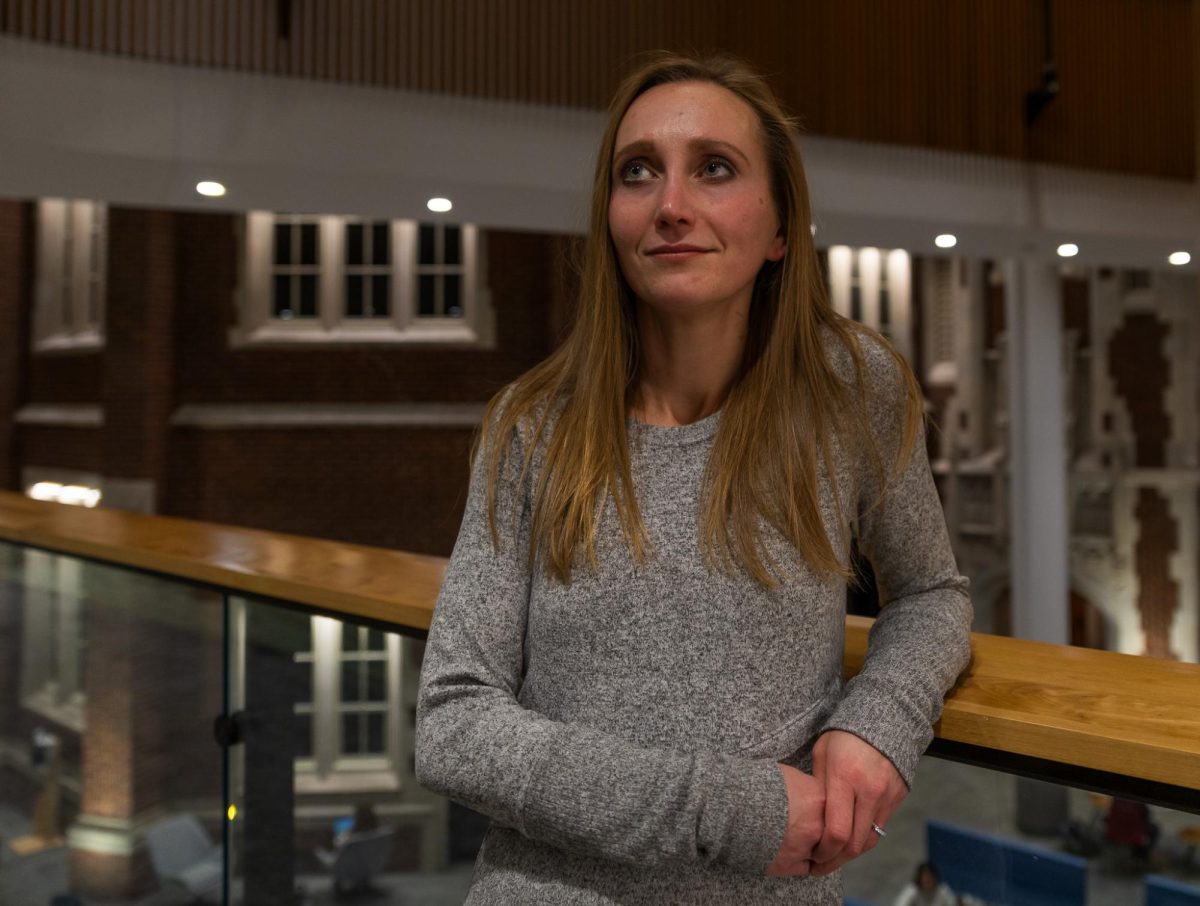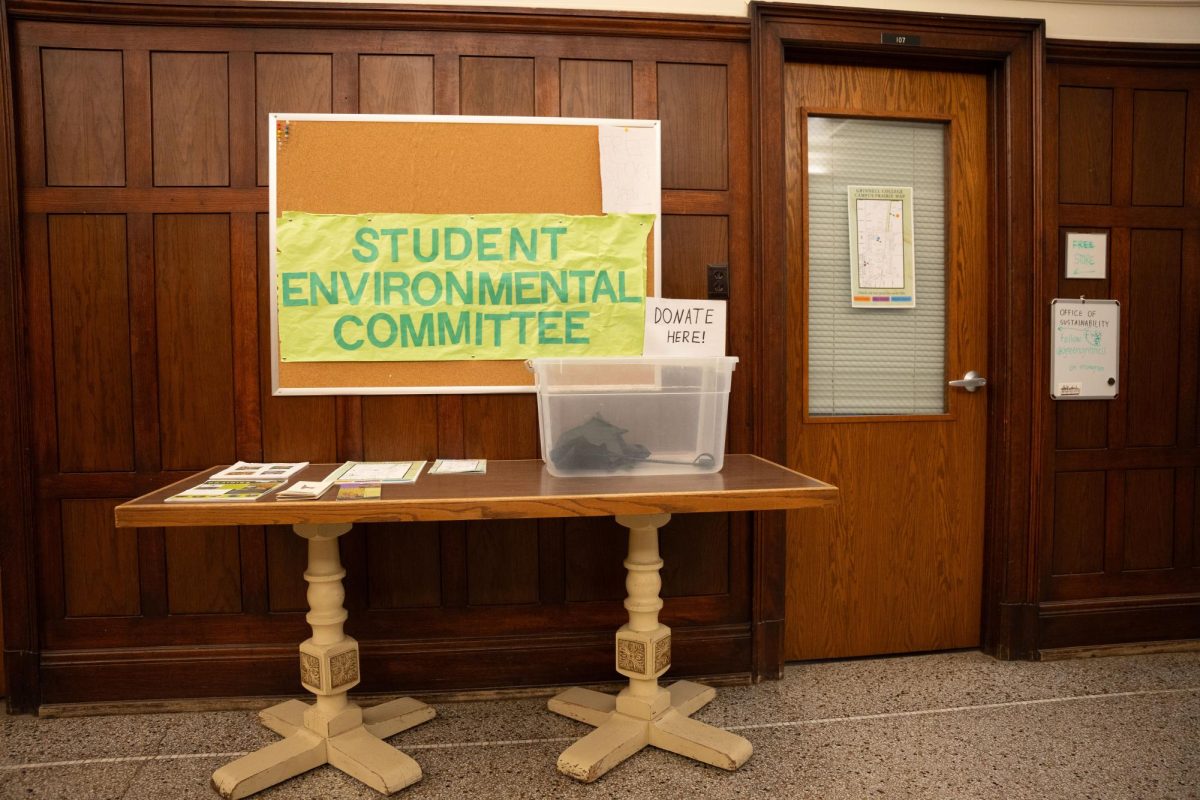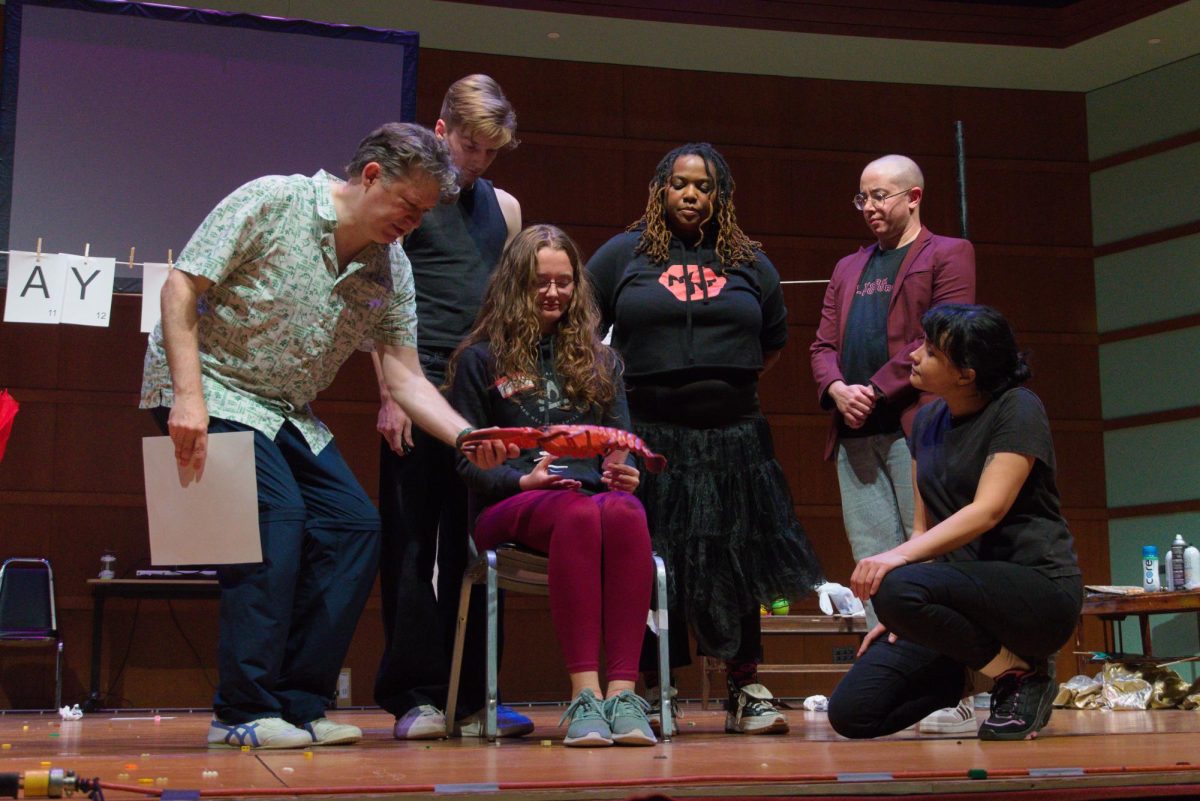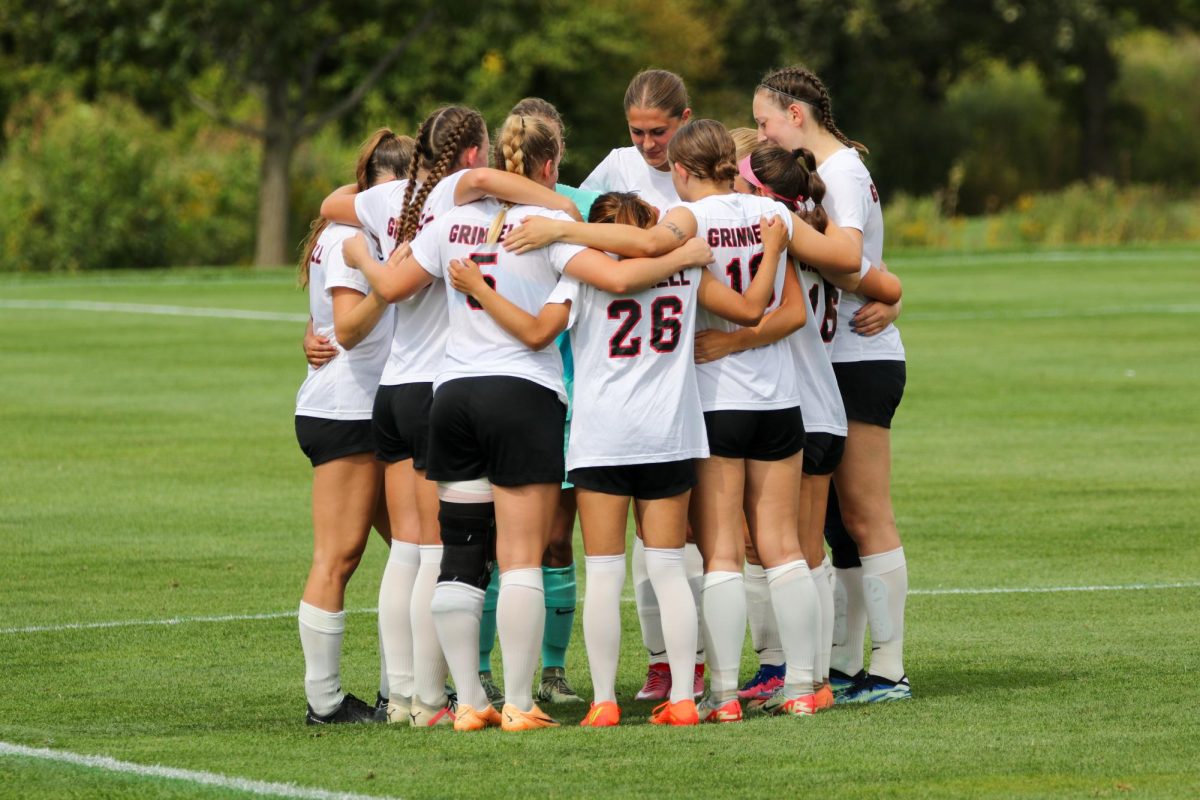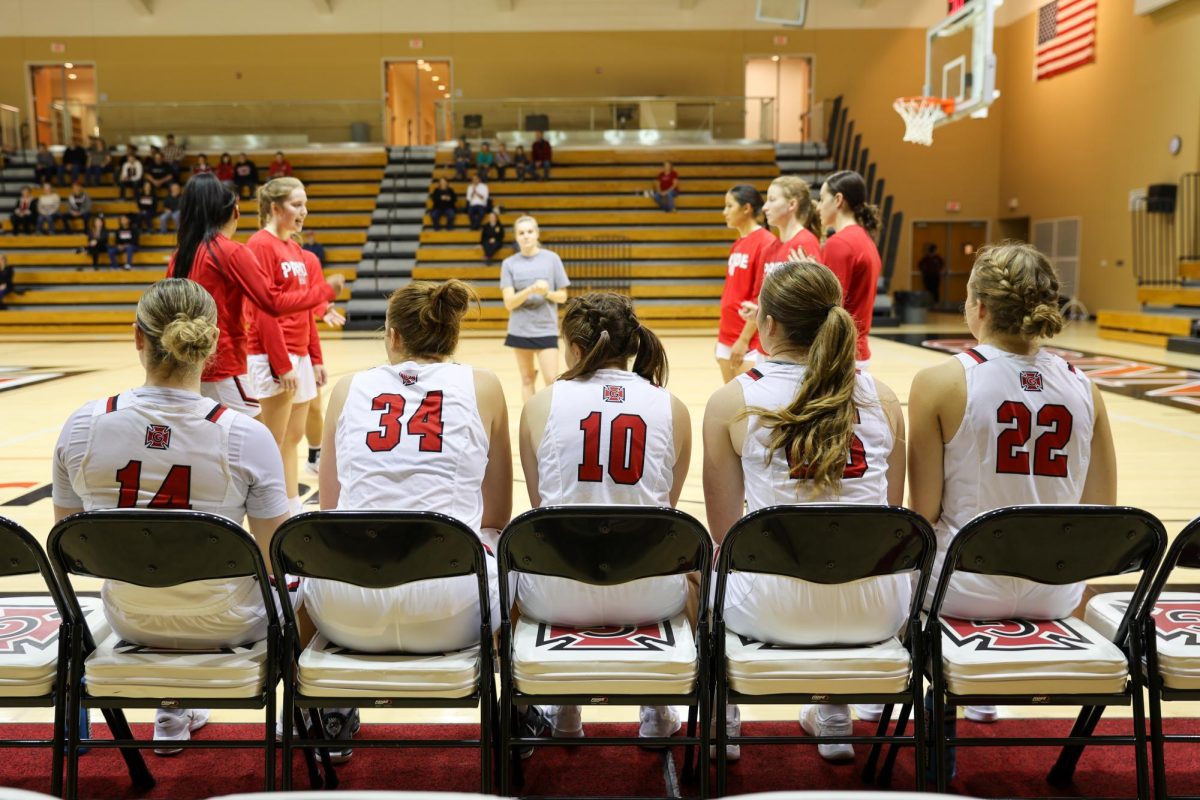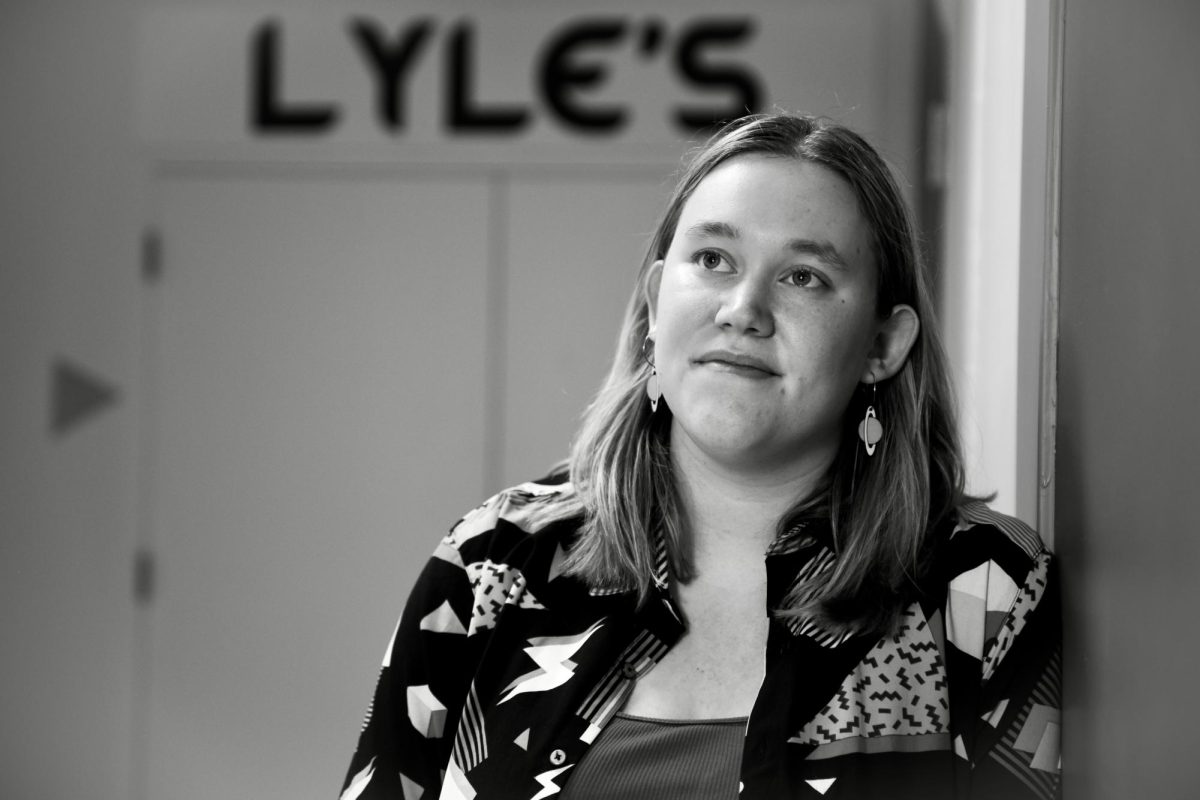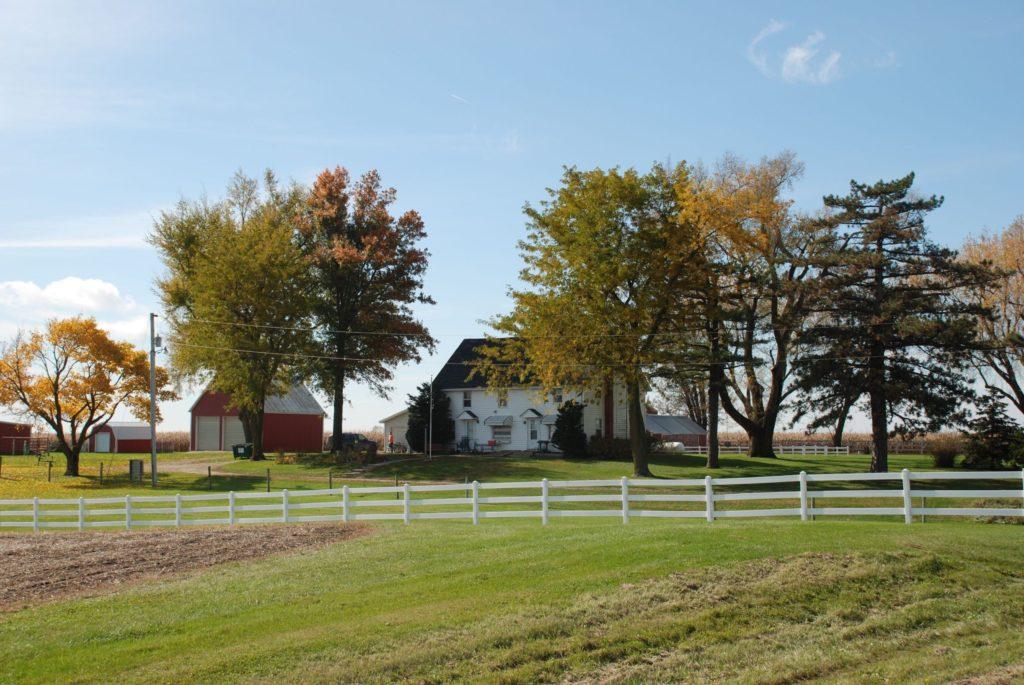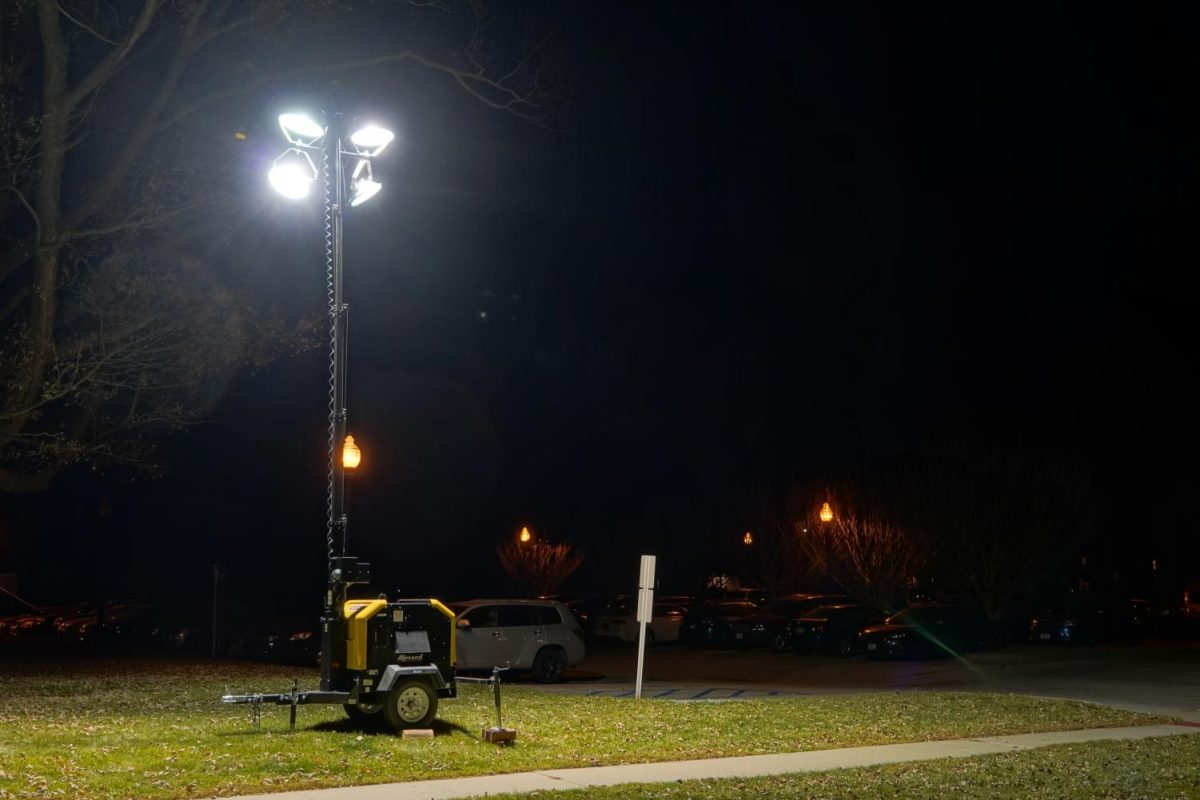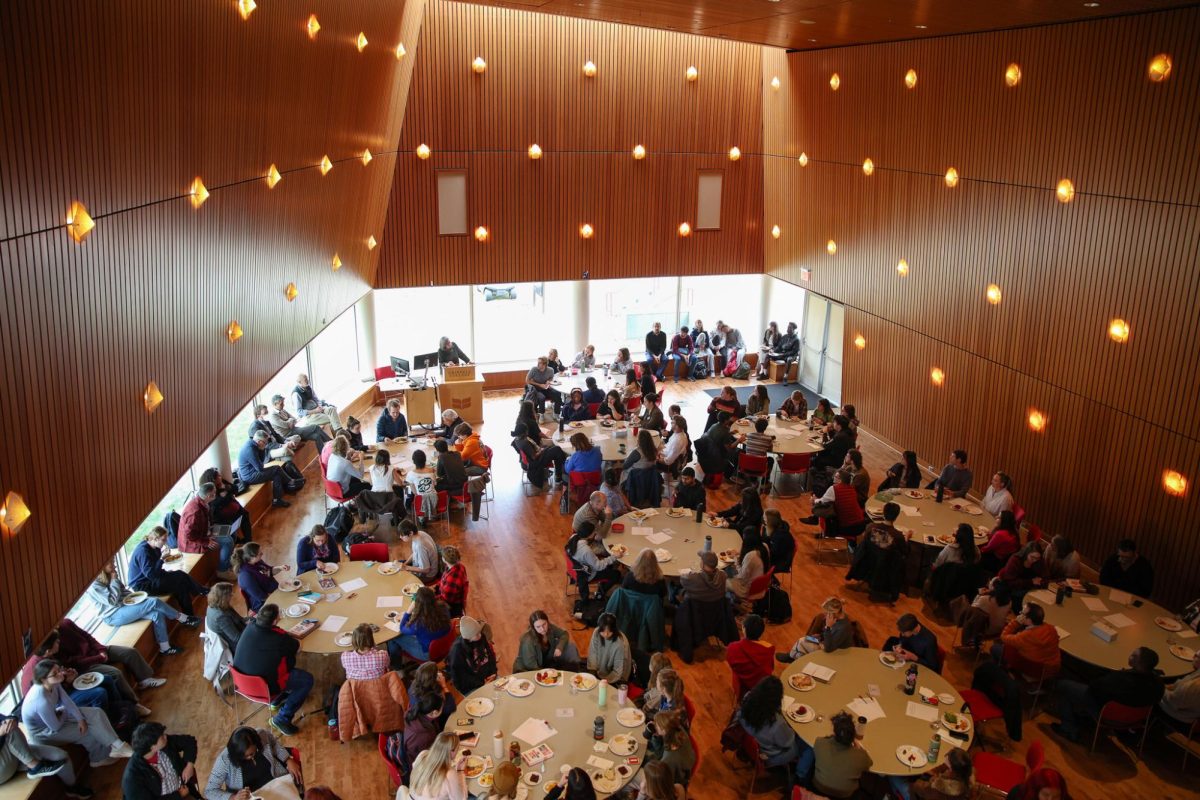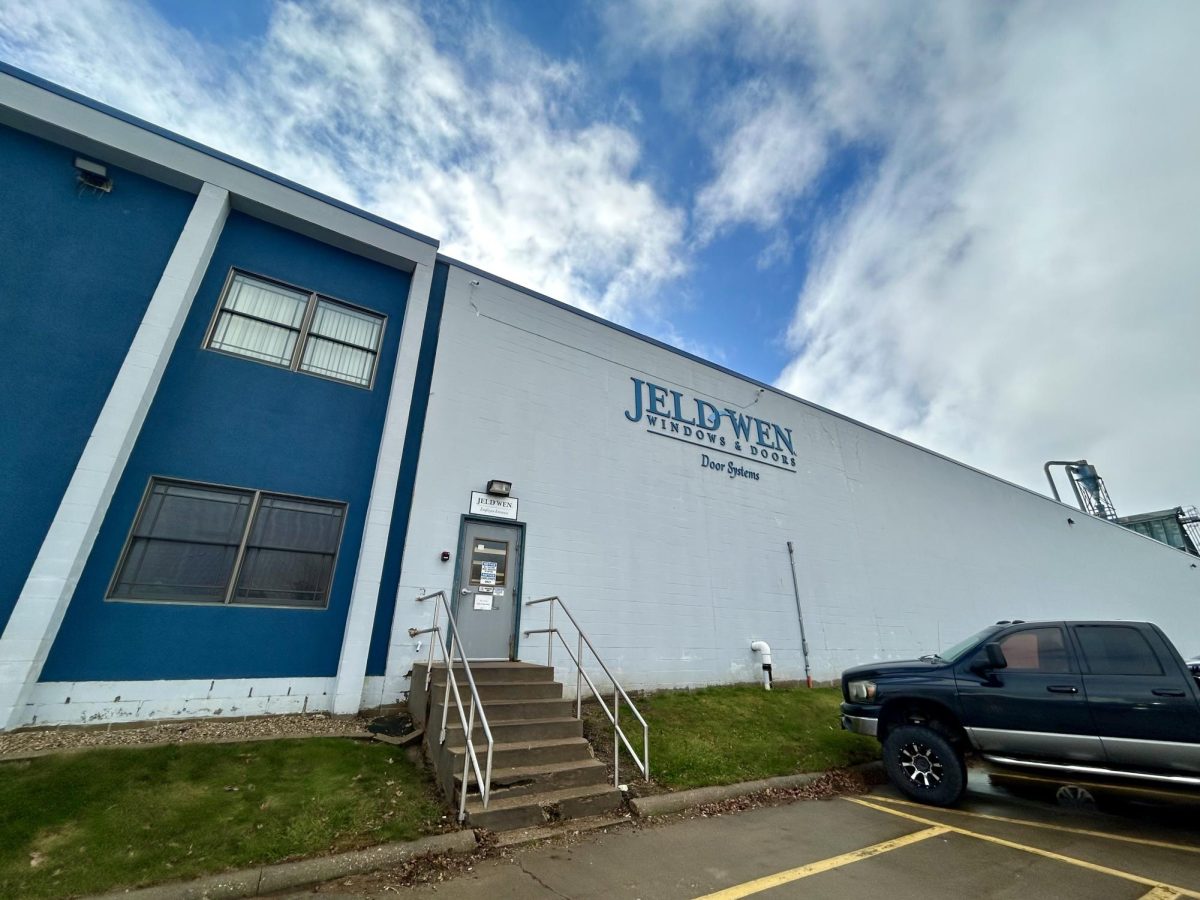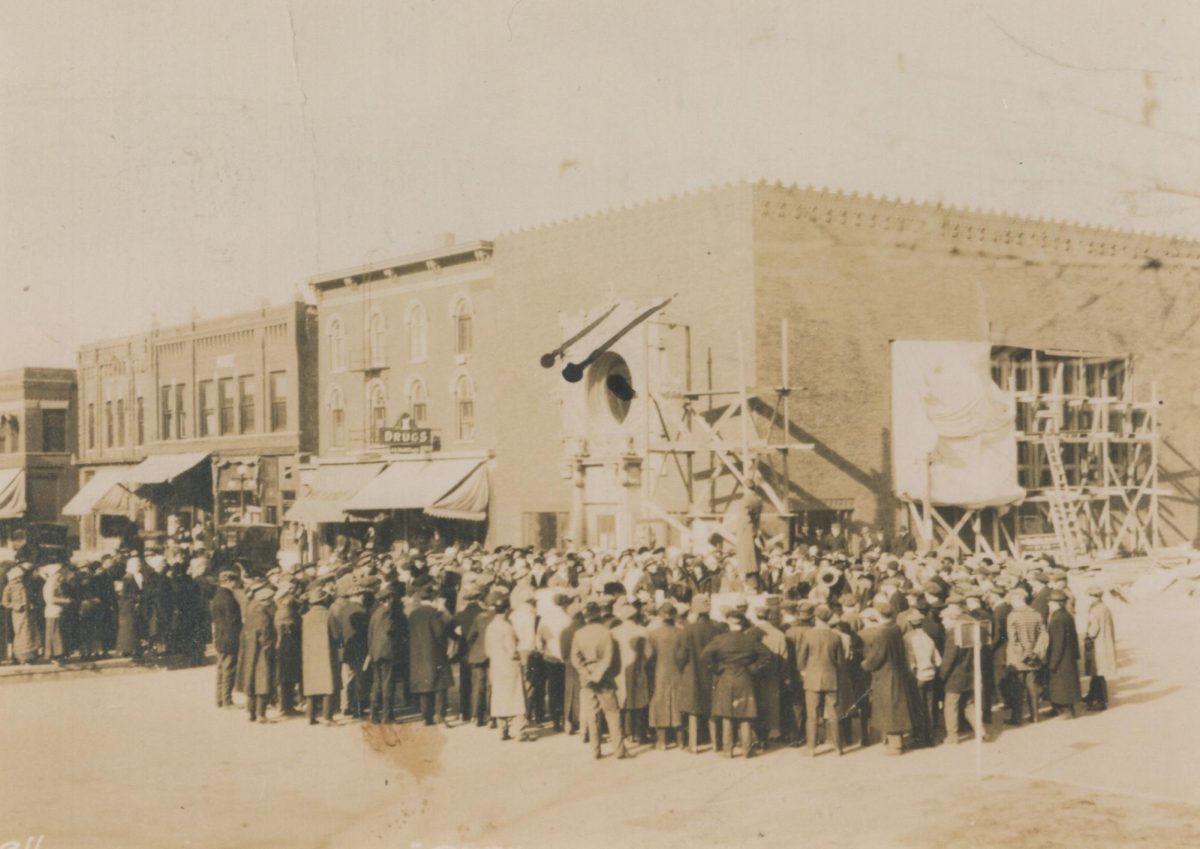William Robert Morrison began homesteading a parcel of land right outside of Grinnell in 1865. The farm survived The Great Depression and a fire which burned down the original family homestead. Now, Marla Morrison Inks, the great granddaughter of William R. Morrison, co-owns the farm with her brother. She believes there is a new threat to their historic farm – a Concentrated Animal Feeding Operation (CAFO).
As defined by the United States Natural Resources Conservation Service, a CAFO is “an intensive animal feeding operation in which over 1,000 animal units are confined for over 45 days a year.”
Nearly a half mile down the road from the Morrison farm, a new 2,450-hog CAFO will be installed and run by John McNulty.
In recent years, McNulty has been in the process of taking over his grandparent’s farm and just two months ago decided to take on his first hog confinement under the label MCNULTY PORK LLC. McNulty did not respond to multiple requests for comment.
McNulty’s confinement is not an uncommon occurrence in Iowa. Since 2001 the state has gained a whopping 500 new confinements each year. Today there are an estimated 10,000 state-wide.
William Robert Morrison and his family bought the Morrison farm in Iowa in 1865.Iowa ranks first in pork production nationwide, reaching $13.1 billion in sales annually, just over 35% of the pork industry’s national sales. McNulty’s plan has been met by an outcry from the surrounding Grinnell community. A petition created by Tommy Hexter ’21 has received 2,100 signatures calling for the cease of construction as of June 26.
Grinnell locals have a reason to be upset, as a recent study by Joe Herriges, a professor at University of Wisconsin-Madison in the College of Agriculture and Natural Resources, found that hog confinements in the state of Iowa decrease neighboring property values by an average of 6%.
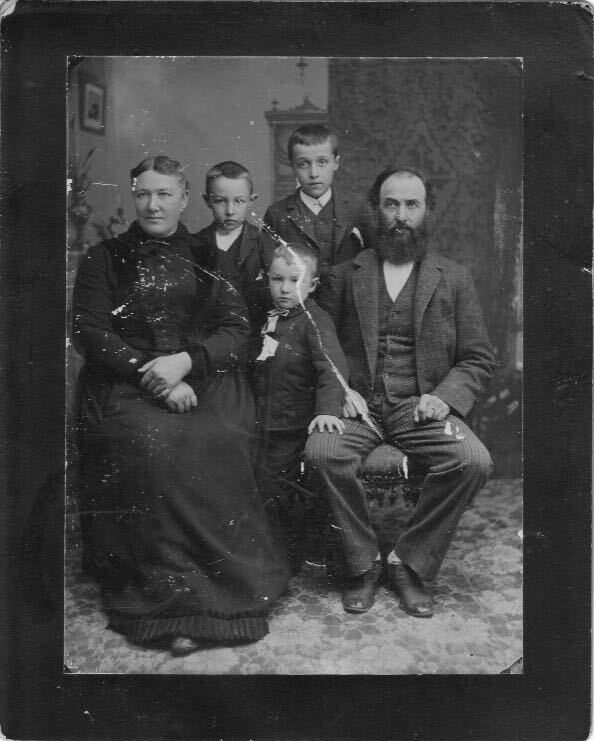
Aside from the property value, quality of life and airspace is a constant struggle for those who live near CAFOs as well. “There are huge waves of large, biting flies, a constant noise of squealing pigs and incredibly toxic fumes pouring out of the buildings, and they have fans that are blowing it out into our air constantly,” said Inks.
The Iowa Environmental Council in 2017 found that of the 41 private wells in Poweshiek County, 24 of them were contaminated with bacteria and elevated nitrate levels associated directly with hog confinements. “Iowa’s water quality is already about 49th out of 50 states, and there are a lot of things that contribute to the poor state of water, but the CAFOs surely do not help,” said Inks. In this year’s US News and World Report’s ranking of both water and air quality, Iowa ranked 41st of the 50 states.
However, on a recent community Zoom call with the Poweshiek County Board of Supervisors and local farmers, McNulty said that he is “not doing this to harm the community in any way.”
But some, like Poweshiek resident Joyce Otto, strongly disagree. “I am in the area that the new building will be in, and there is already a big corporation that put in two confinements near me, the second one just a half a mile away. It has completely ruined my personal life, my personal rights for clean air and quality of life,” she said on the Zoom call.
Inks said that many “young farmers” get their start by “building large hog confinements, and most of the time they are all owned by large corporations.”
In a quest to end the construction of the new CAFO, many of the farmers in virtual attendance at the supervisors call stated their willingness to help McNulty create a different farm.
“The farmers around here are earnest in their want to help John start out the right way. I grew up with farm people, and they will always help you out,” said Inks.
Hexter, who started the petition against construction on the facility, added the same sentiment. “We need to be raising farmers in our towns who want to buy land and support and feed the community,” he said.
Construction of the McNulty Pork CAFO is set to begin in August, and Grinnellians have no course of legal action to block the incoming building. For now, they simply hope McNulty has a change of conscience.
“[The CAFOs coming in] are heartbreaking to a person who grew up in a different time with beautiful farms. I know this CAFO practice has been going on for a while now, but when it lands in your own backyard you wake up and it hits you personally,” said Inks. “There are some wonderful memories for me around Grinnell, and I hope that continues for the future generations.”






